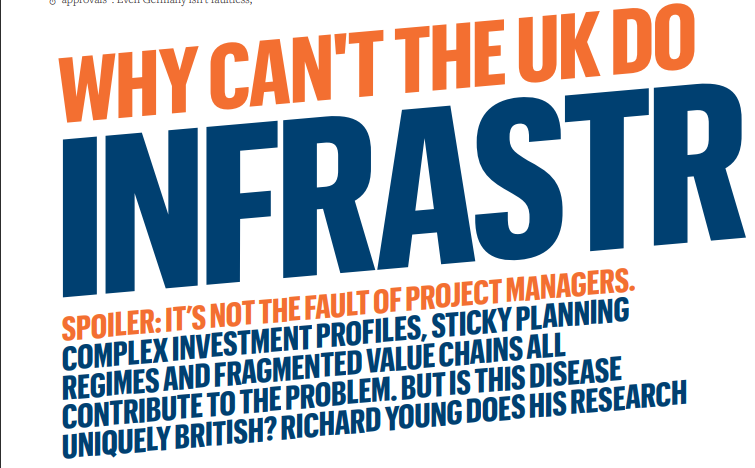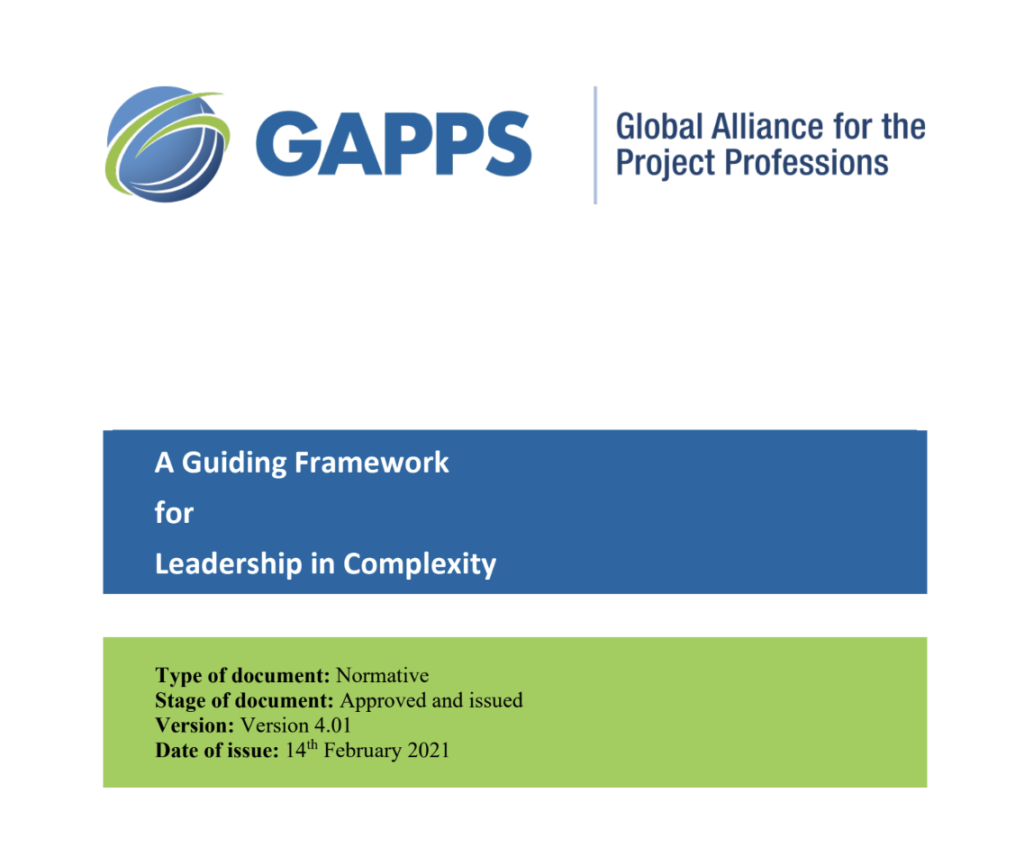
What Project Complexity Means for Project Risk Across Africa and Asia
Today’s megaprojects do not owe their complexity to size alone but to the ever evolving nature of the projects operating environment. No thanks to the Covid-19 pandemic, the Russia-Ukraine conflict and widespread economic instability, our project environment is a debris field of challenges with novel risks hidden under every scrap. Before, successful megaproject delivery hinged on identifying and mitigating potential risks that may impede progress and hinder project outcomes. Now? Project managers must be discerning enough to identify risks long before they mature into one. The more complex the project, the more dicey. That’s because project complexity profoundly influences project risk. I’ll show you three ways project complexity can significantly impact the management of project risk.
Interdependencies and Stakeholder Engagement:
One of the key aspects of project complexity lies in the intricate network of interdependencies between various project components and stakeholders. In large-scale infrastructure projects, such as the construction of highways, ports, or power plants, many interconnected activities and dependencies must be carefully coordinated.
Failure to effectively manage these interdependencies can balloon into delays, cost overruns and compromised project objectives. Take, for instance, the construction of the Mombasa-Nairobi Standard Gauge Railway (SGR) in Kenya. Completed in 2017 at $ 3.6 billion, this ambitious project aimed to revamp the country’s transport infrastructure and enhance regional connectivity.
Although now termed a success in hindsight, the SGR encountered significant delays and cost overruns due to its complexity involving multiple stakeholders, land acquisition challenges and environmental considerations. Insufficient stakeholder engagement and ineffective coordination contributed to project risks, underscoring the importance of proactively managing interdependencies and engaging stakeholders from the project’s inception.
Technological Innovations and Uncertainty:
The advent of cutting-edge technologies and innovations can add another layer of complexity to projects, potentially increasing project risk. This has two sides. First, technological advancements bring opportunities for improved efficiency and effectiveness but also introduce uncertainty due to their untested nature or limited prior implementation experience. Second, since megaprojects take time to complete, a particular piece of technology integrated at its inception could become obsolete on the ribbon-cutting day.
Consider the case of renewable energy projects in India. As the country strives to increase its renewable energy capacity, projects such as solar and wind farms have gained prominence. However, the adoption of new technologies and evolving regulatory frameworks have introduced complexities and risks. Factors like fluctuating energy prices, evolving policy landscapes, and technological uncertainties necessitate vigilant risk management.
Therefore, Project managers must remain agile, anticipate potential challenges, and adapt their risk management strategies accordingly to navigate the complexities brought about by technological advancements.
Cultural and Socio-Political Factors:
Megaprojects often span across long timelines, diverse cultural and socio-political contexts, further complicating the risk landscape. Variations in cultural norms, governmental structures, and legal frameworks can introduce unique challenges that require tailored risk management approaches.
An illustrative example arises from the construction of large-scale infrastructure projects in Nigeria. The complexities inherent in such endeavours are amplified by socio-political factors, including community relations, land disputes and regulatory compliance. These factors have introduced delays, project disruptions and potential reputational risks. Therefore, mitigating these risks necessitates a deep understanding of local cultures, effective stakeholder engagement and proactive risk assessment and management strategies.
Project complexity significantly influences project risk management, particularly with regard to interdependencies, technological innovations, and cultural and socio-political factors. By recognising the multifaceted nature of project complexity, today’s project managers can adopt proactive risk management strategies, engage stakeholders, embrace technological advancements cautiously, and navigate cultural and socio-political landscapes effectively.
Ultimately, by understanding the impact of project complexity on risks associated to projects, organisations can enhance their ability to deliver successful projects in today’s complex business environment.






